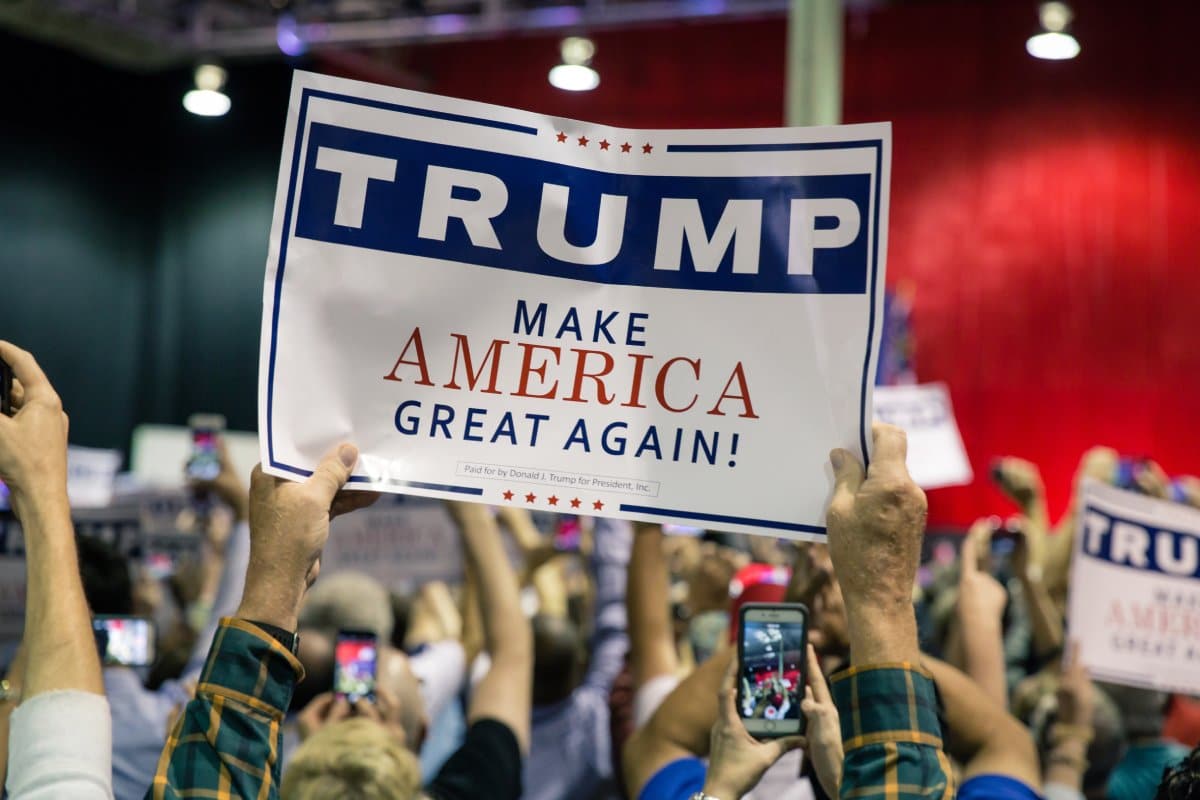In the United States, a noticeable trend towards right-leaning political ideologies has emerged, driven by various factors shaping public opinion and influencing voter behavior.
#1. Opposition to Government Overreach
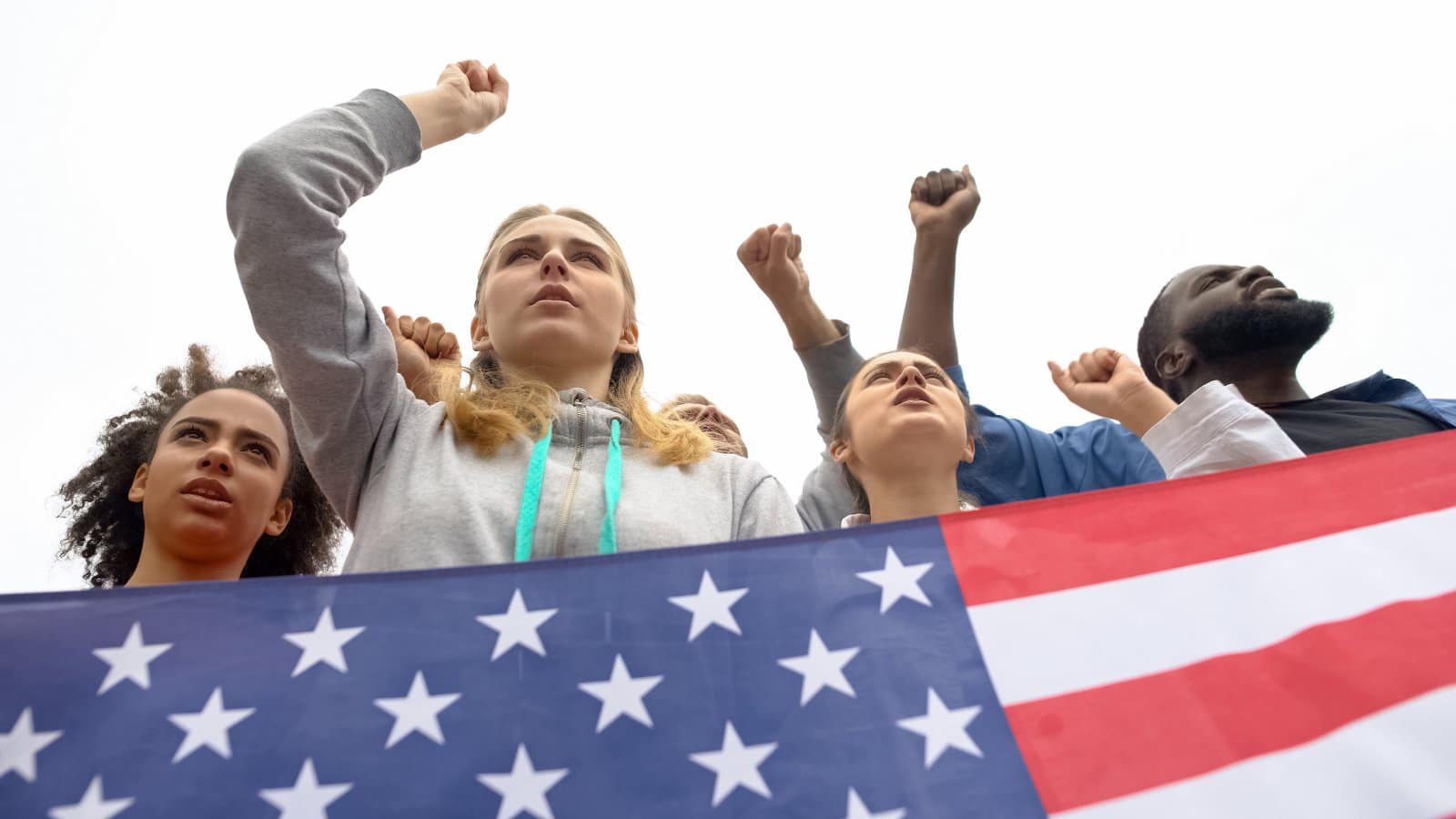
Concerns over government overreach and encroachment on individual freedoms have led many Americans to align with right-wing parties advocating for limited government and personal liberty.
#2. Immigration and Border Security

Debates surrounding immigration policy and border security, championed by figures like former President Donald Trump, have fueled support for right-wing agendas promoting stricter border controls, immigration reform, and prioritizing national security.
#3. Economic Nationalism
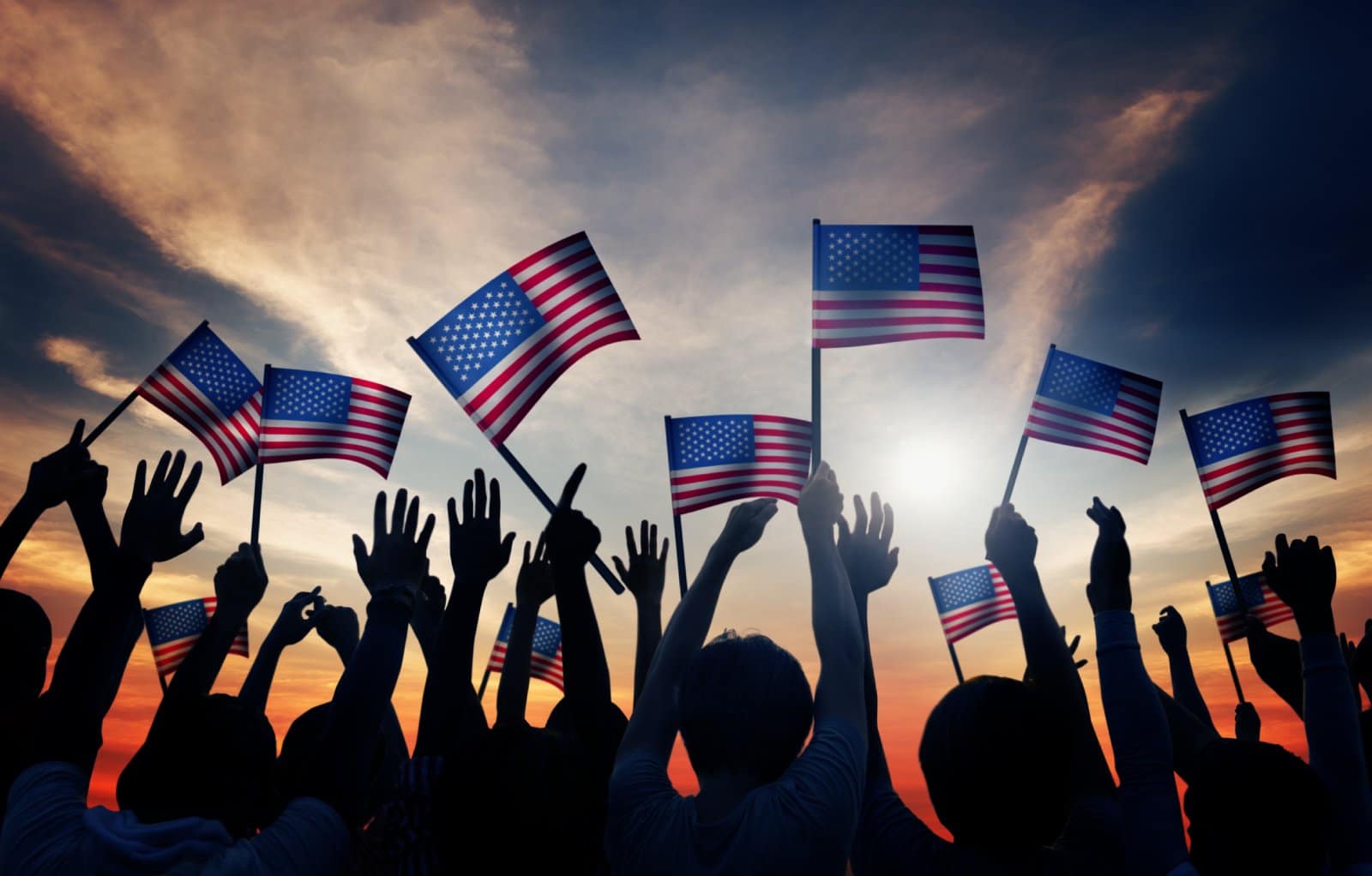
Amidst economic uncertainty and globalization, support for right-wing parties advocating for protectionist measures, fair trade, and policies to boost domestic industries, as endorsed by Trump, has grown.
#4. American Identity and Heritage
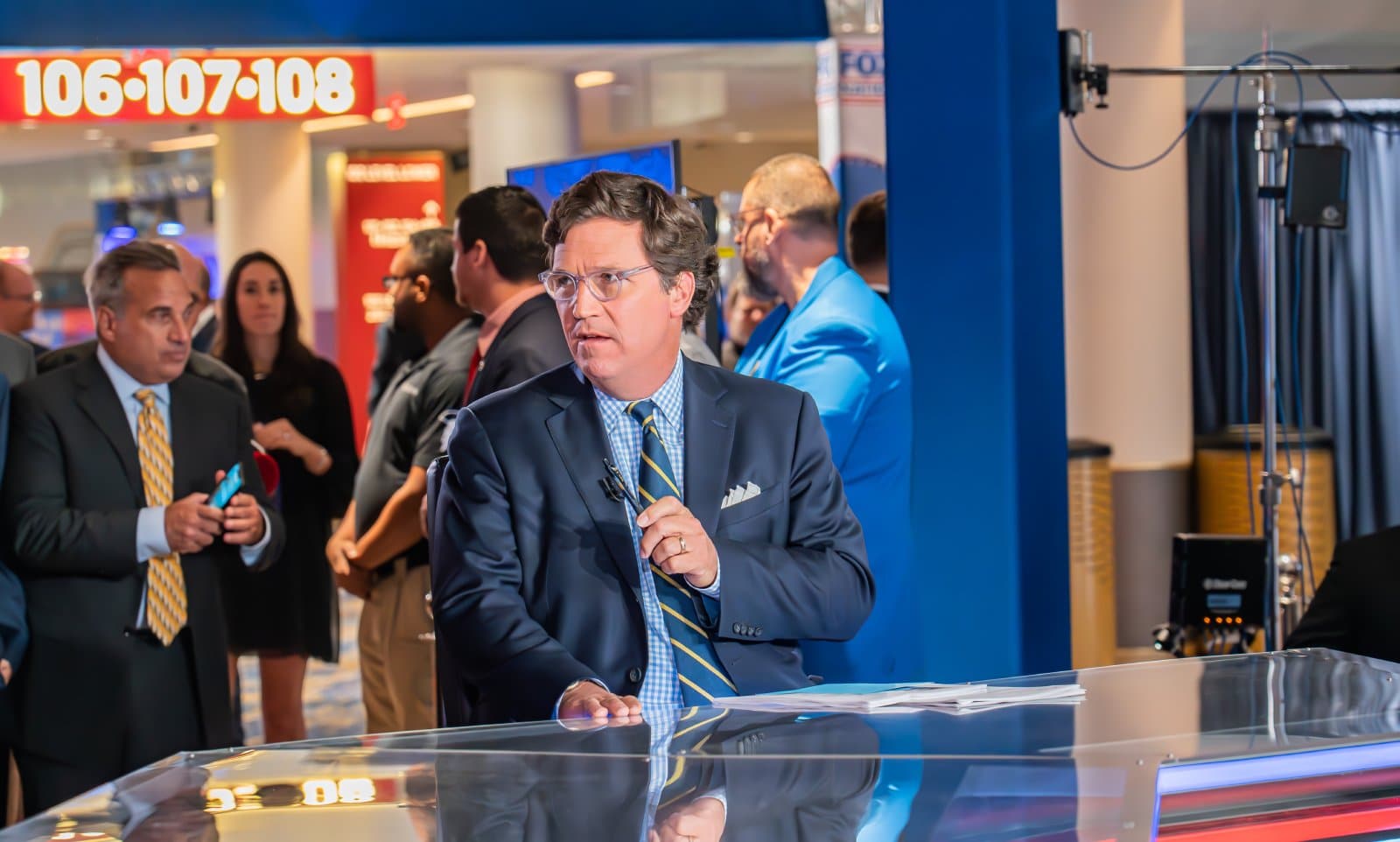
Issues pertaining to American identity and cultural heritage, highlighted by prominent conservatives like Tucker Carlson, resonate with those leaning right, fostering support for policies that emphasize patriotism, American values, and national pride.
#5. Law and Order
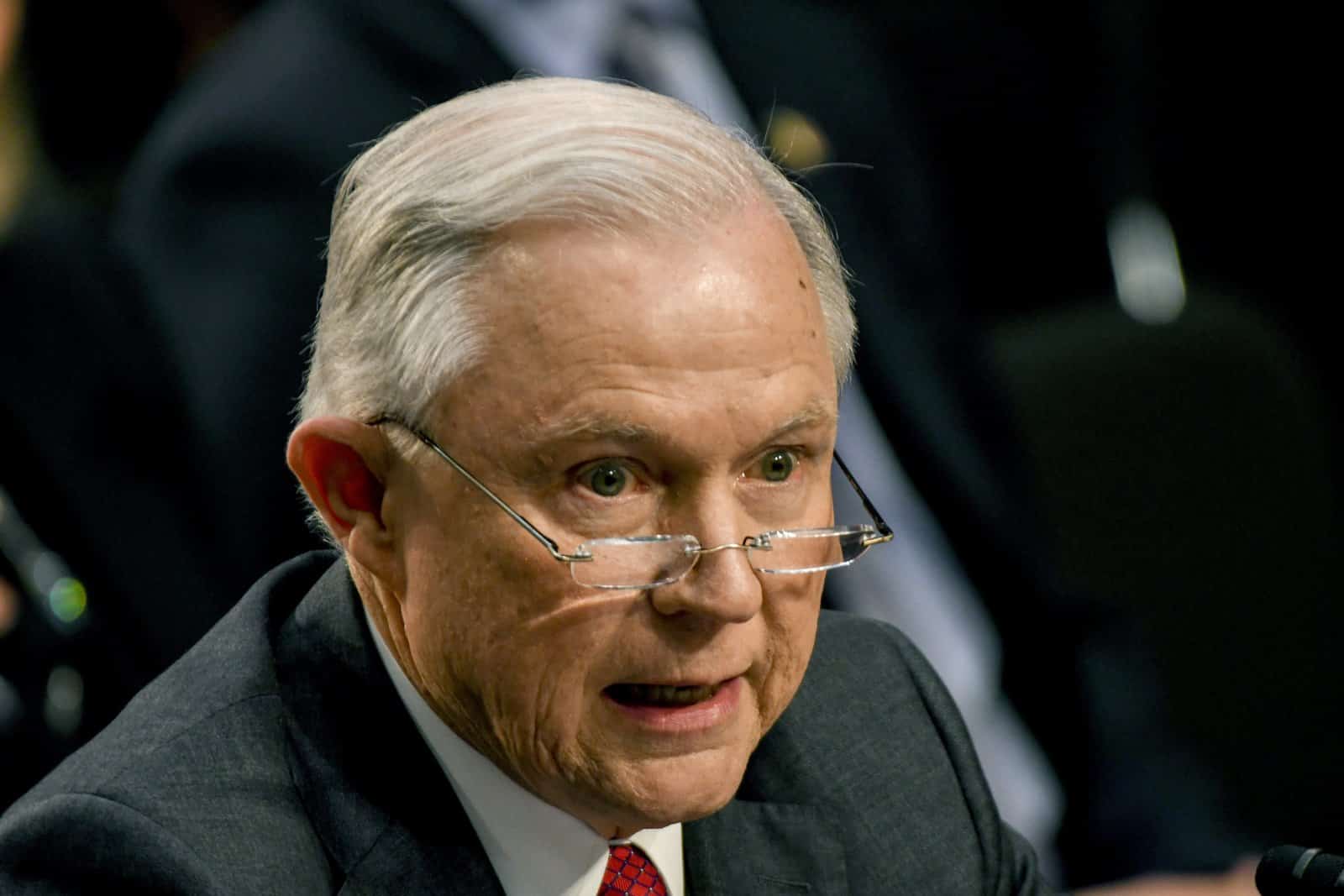
Concerns about crime rates and public safety, amplified by figures like former Attorney General Jeff Sessions, have bolstered support for right-wing parties advocating for tough-on-crime measures, law enforcement funding, and maintaining law and order.
#6. Traditional Values
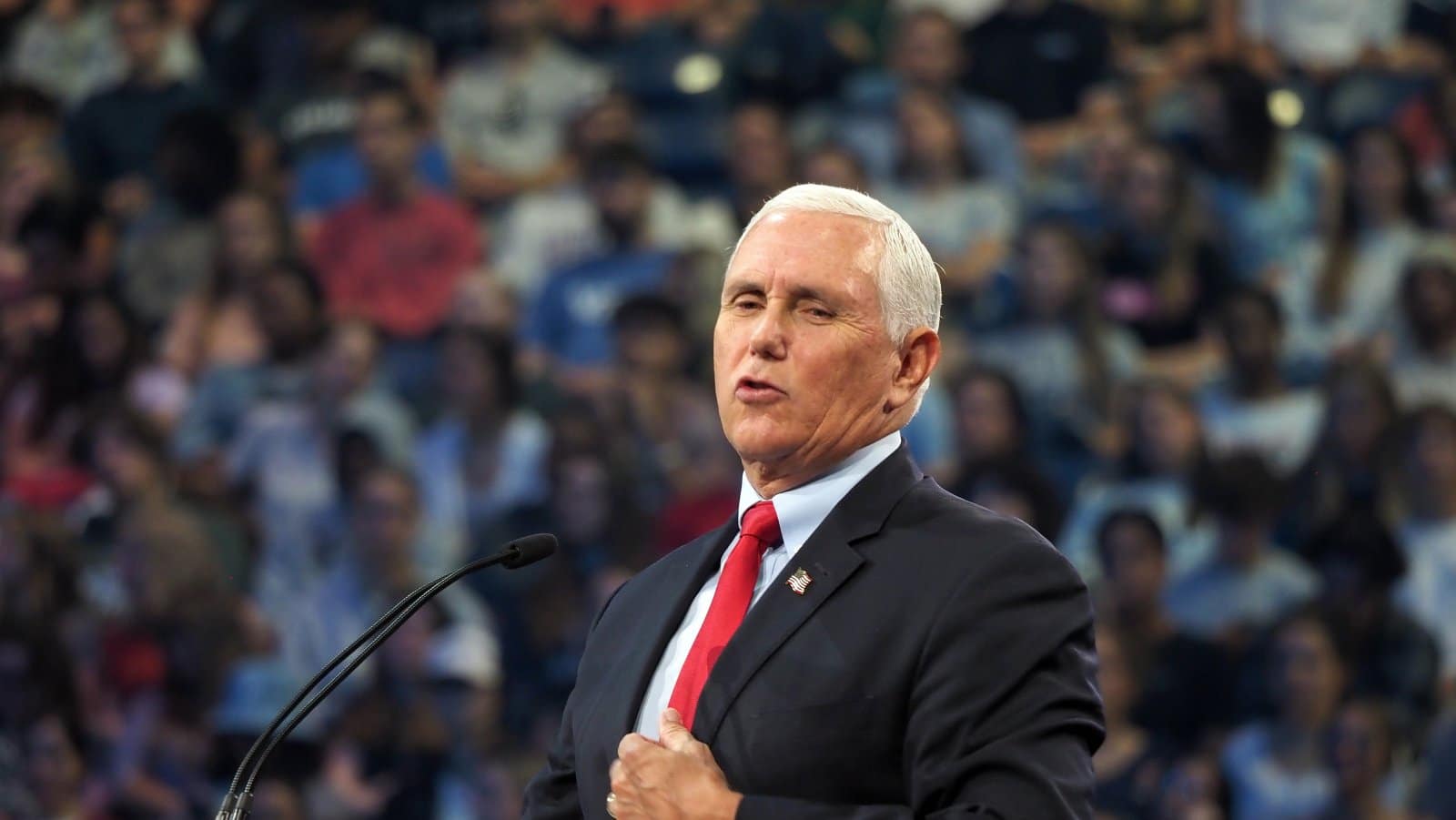
Support for traditional social values, family structure, and opposition to progressive social changes, espoused by influential figures like Mike Pence, has attracted individuals to right-wing parties championing conservative values and beliefs.
#7. Anti-Establishment Sentiment
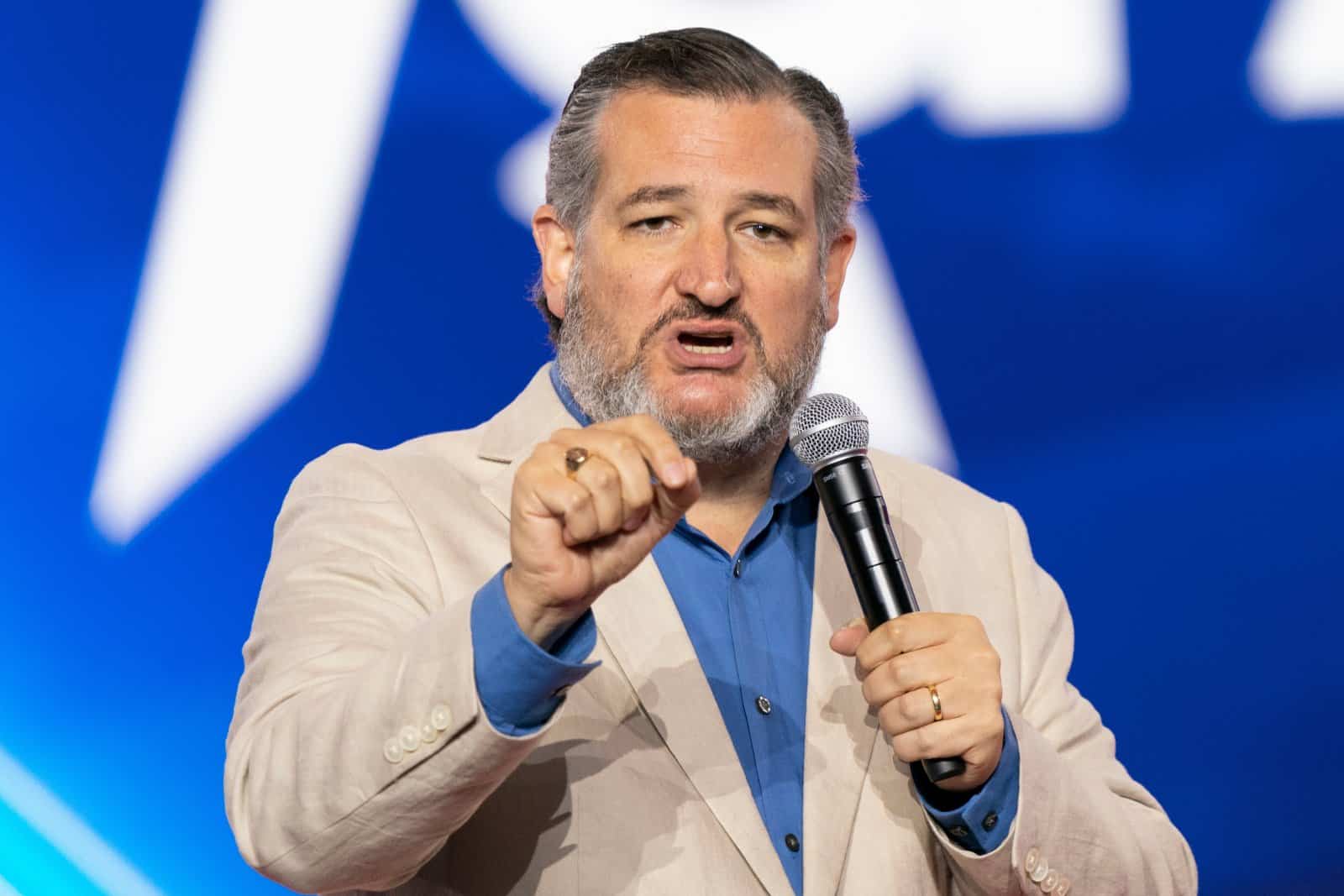
Distrust of traditional political institutions and dissatisfaction with the political establishment, echoed by leaders like Senator Ted Cruz, have driven some towards right-wing populist movements promising to disrupt the status quo.
#8. Welfare and Entitlement Reform
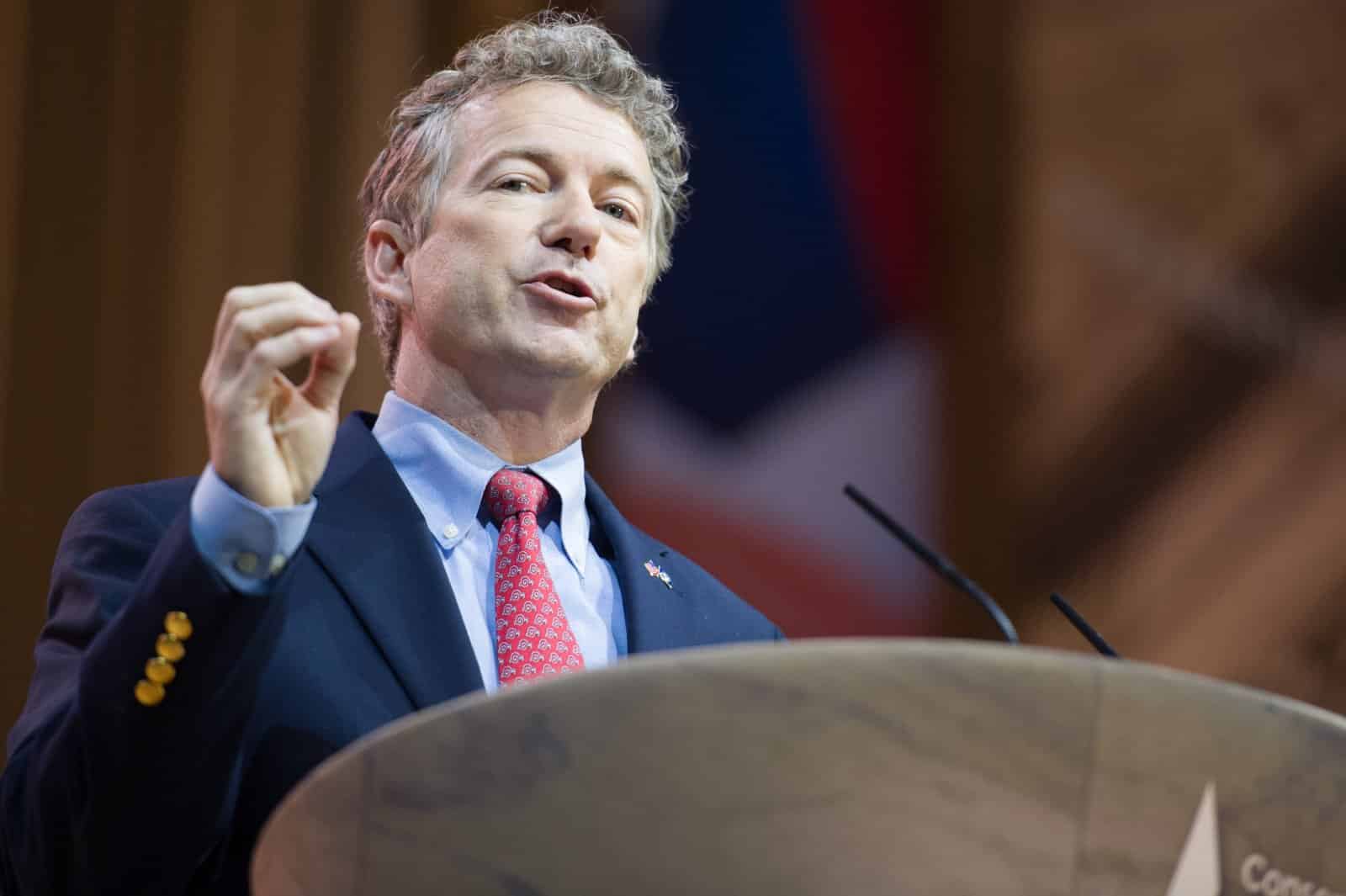
Calls for welfare reform, reducing government dependency, and promoting self-sufficiency, advocated by figures like Senator Rand Paul, resonate with those leaning right, shaping support for policies emphasizing personal responsibility.
#9. Influence of Conservative Media
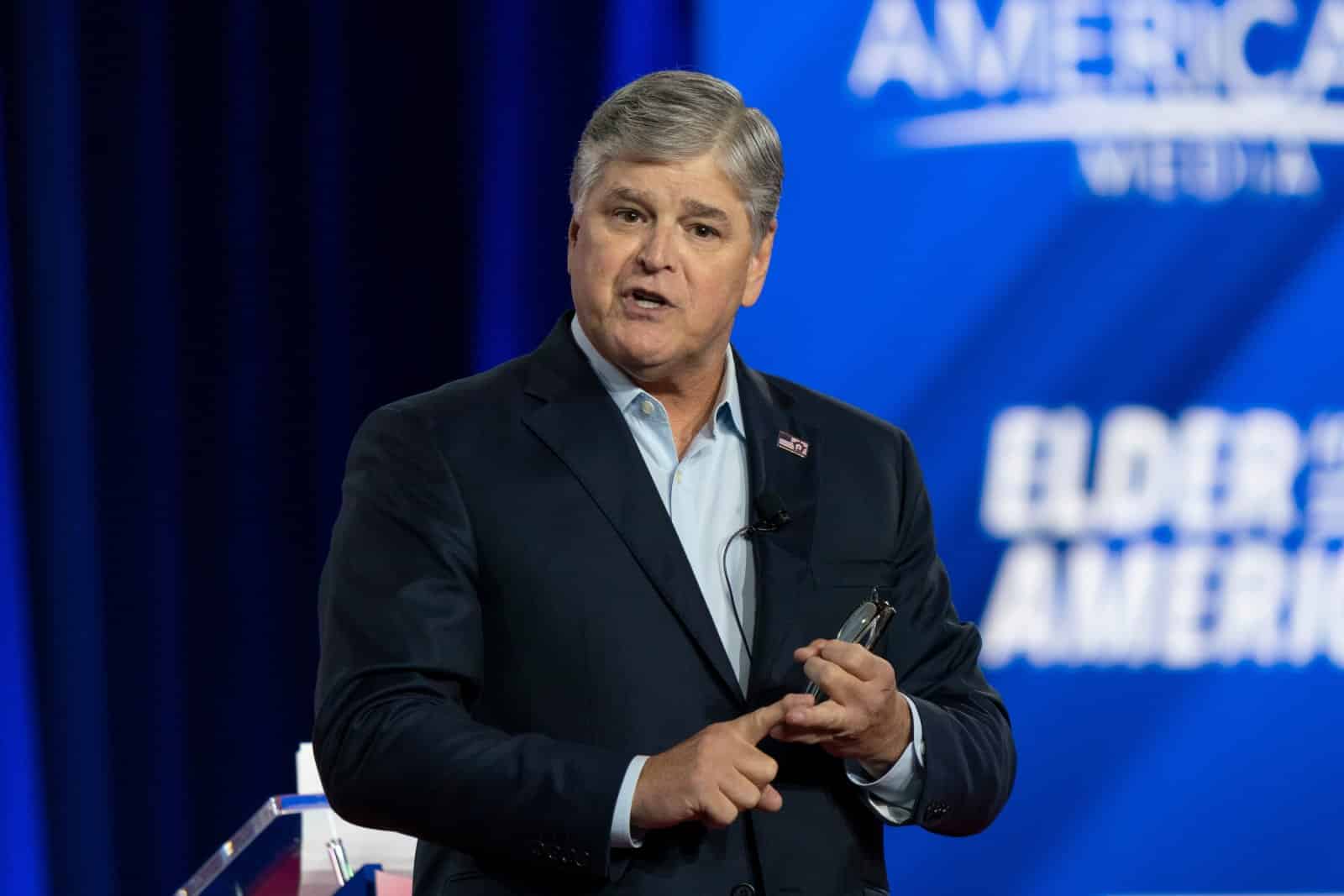
The influence of conservative media outlets and personalities, including Fox News and commentators like Sean Hannity, which promote conservative viewpoints and narratives, has shaped public opinion and swayed individuals towards right-wing ideologies.
#10. Cultural Backlash

Perceptions of cultural elitism and disdain for traditional American values, articulated by figures like Ben Shapiro, have fueled a cultural backlash, with some embracing right-wing ideologies as a form of cultural resistance.
#11. Opposition to Identity Politics
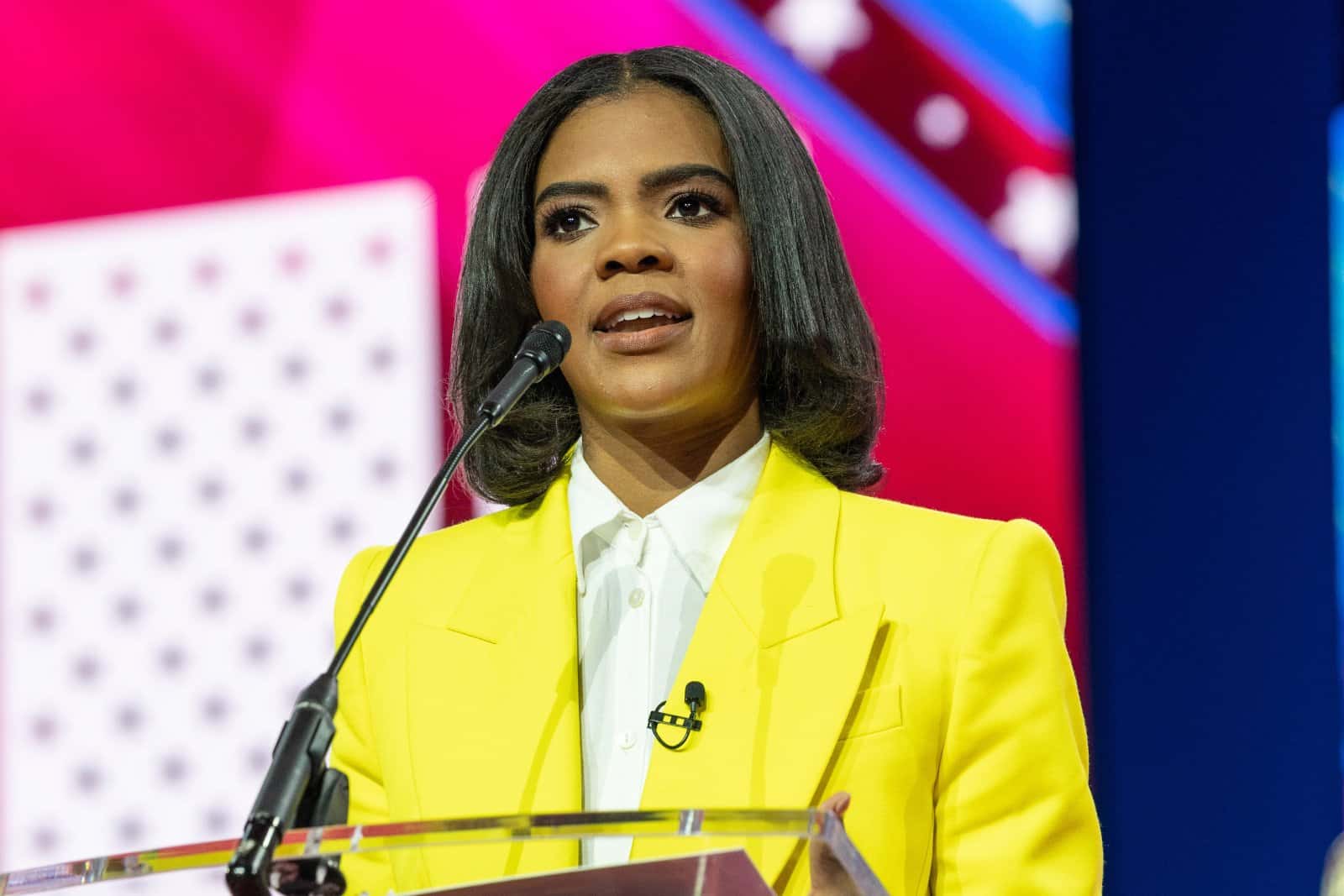
Resistance to identity politics and perceived favoritism towards certain groups over others, criticized by figures like Candace Owens, has driven some toward right-wing parties advocating for color-blind policies and equality under the law.
#12. Critique of Globalism

Criticism of globalism’s impact on American jobs and industries, articulated by leaders like Senator Josh Hawley, has led some to support right-wing parties promising to prioritize America’s interests over global cooperation.
#13. Disenchantment With the Left

Disenchantment with left-wing parties and their perceived inability to address issues like economic inequality and social division, voiced by figures like Ben Carson, has pushed some towards right-wing alternatives.
#14. Fear of Extremism
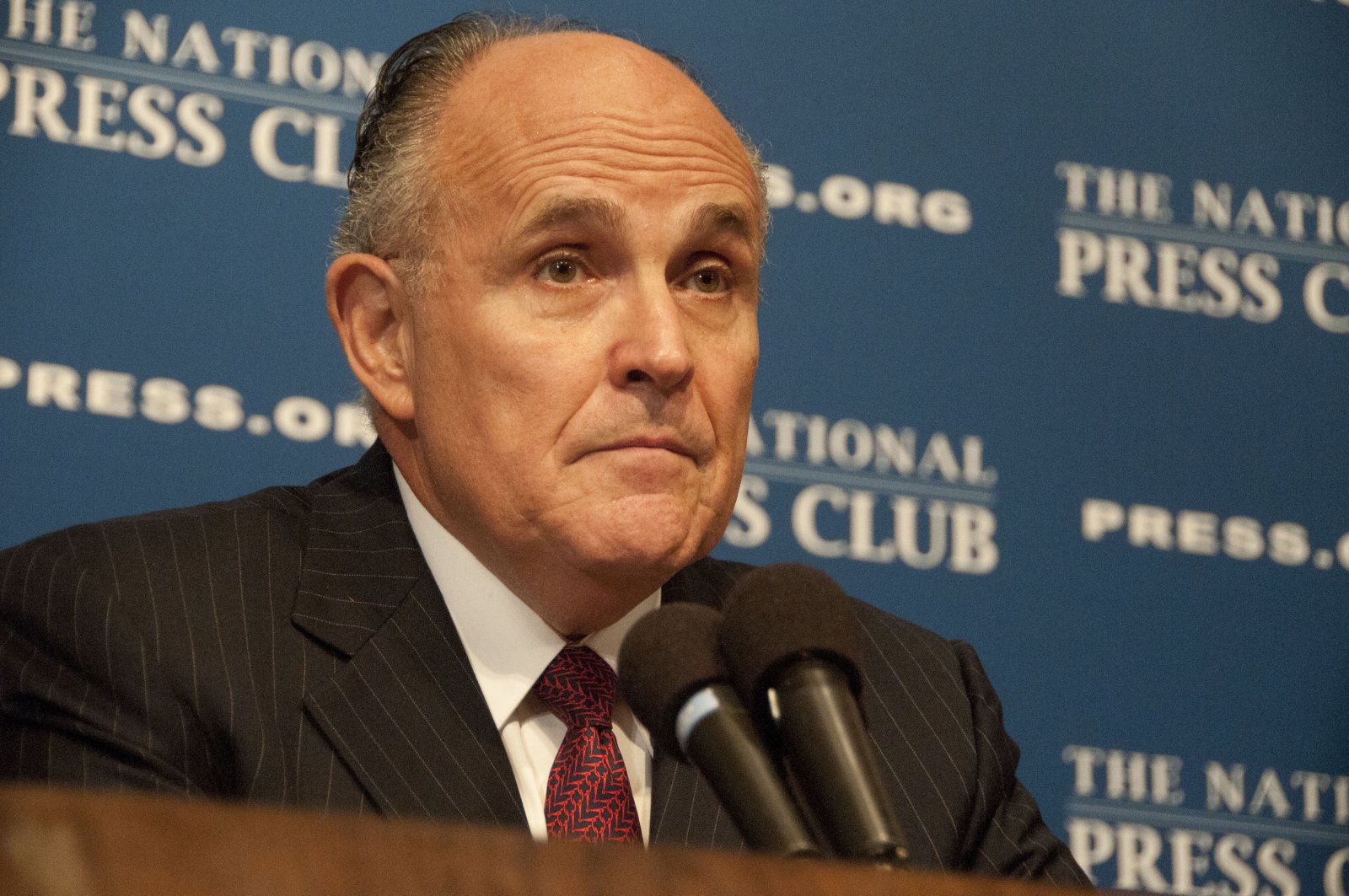
Concerns about radical ideologies and extremism, both domestic and international, highlighted by figures like Rudy Giuliani, have prompted support for right-wing parties promising to protect national security and combat extremism.
#15. Leadership and Strong Leadership Appeal
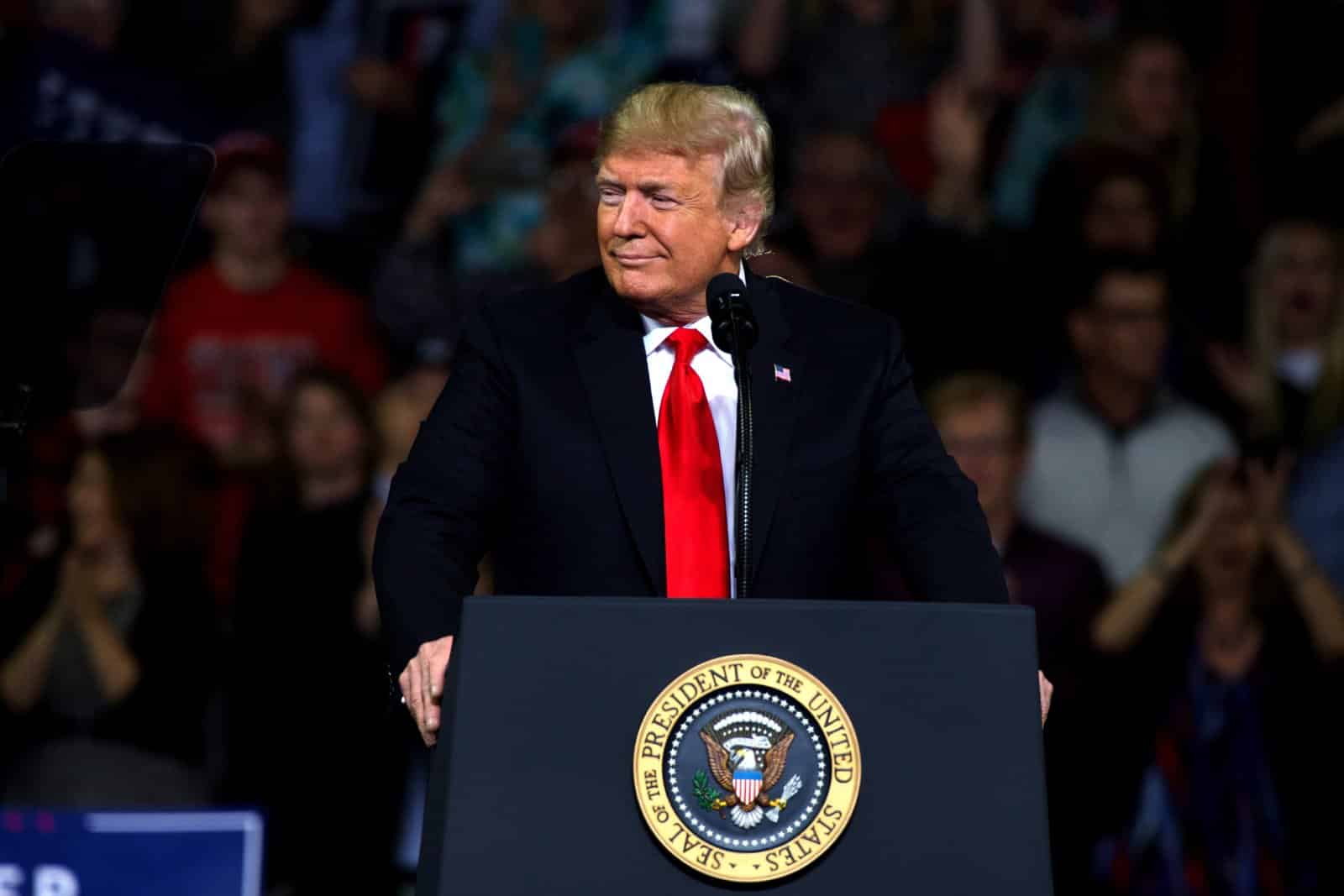
Charismatic leaders and effective communication strategies employed by right-wing politicians, exemplified by former President Donald Trump, have attracted support from individuals seeking strong leadership and decisive action.
The post 15 Factors Contributing to the Rise of Right-Wing Politics Among Americans first appeared on Pulse of Pride.
Featured Image Credit: Shutterstock / Olga Steckel.
For transparency, this content was partly developed with AI assistance and carefully curated by an experienced editor to be informative and ensure accuracy.

